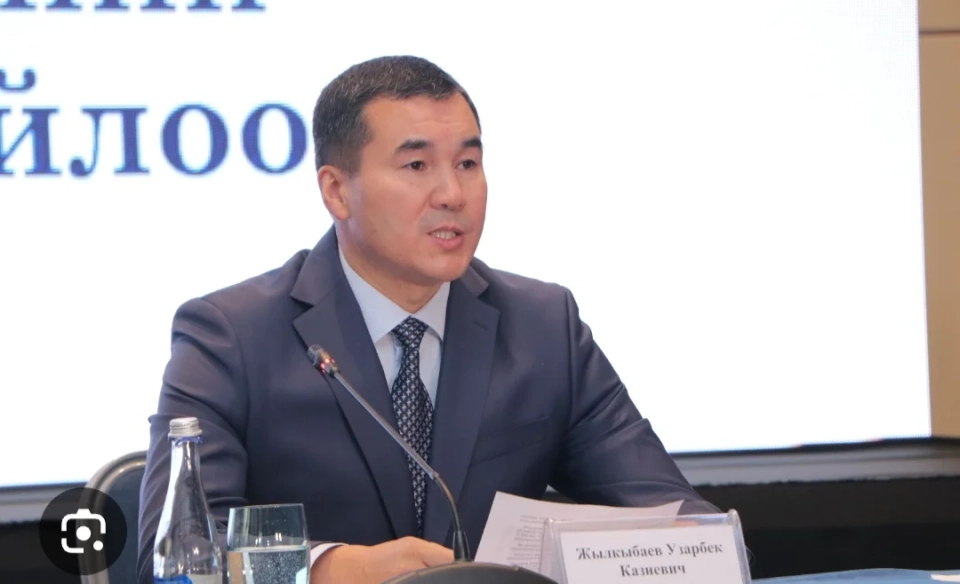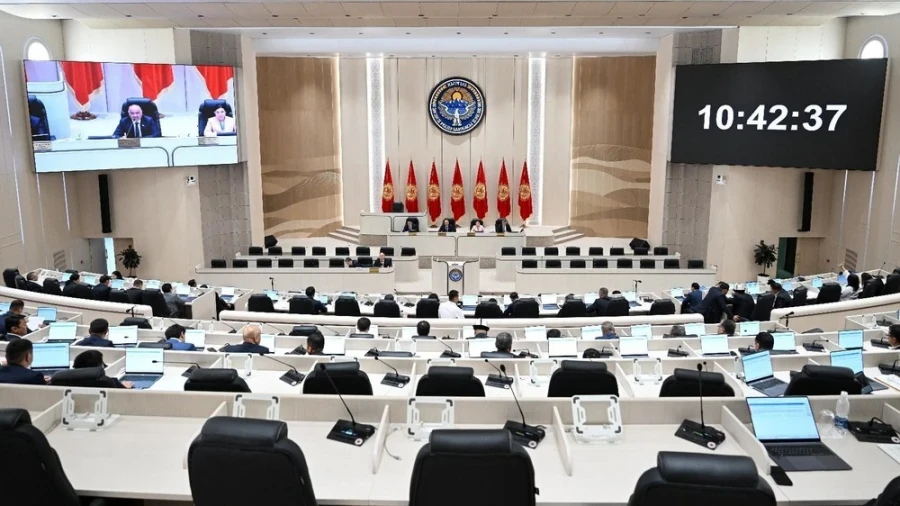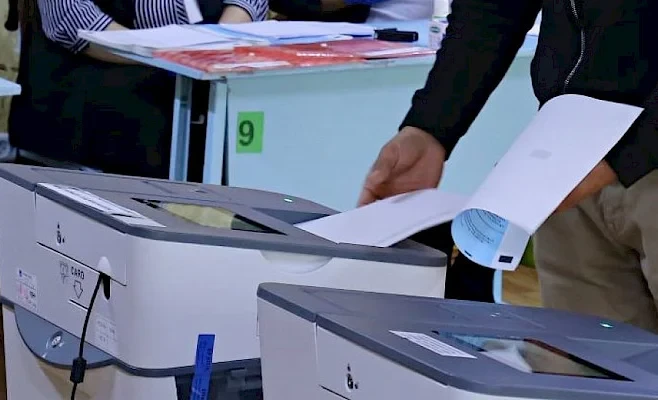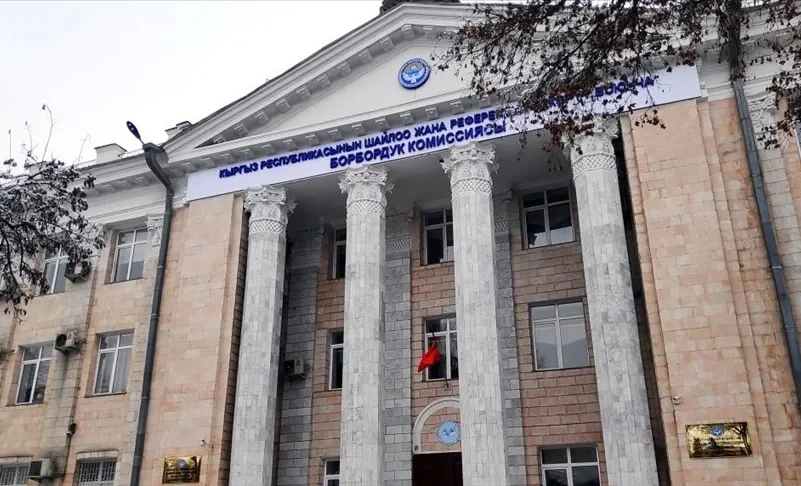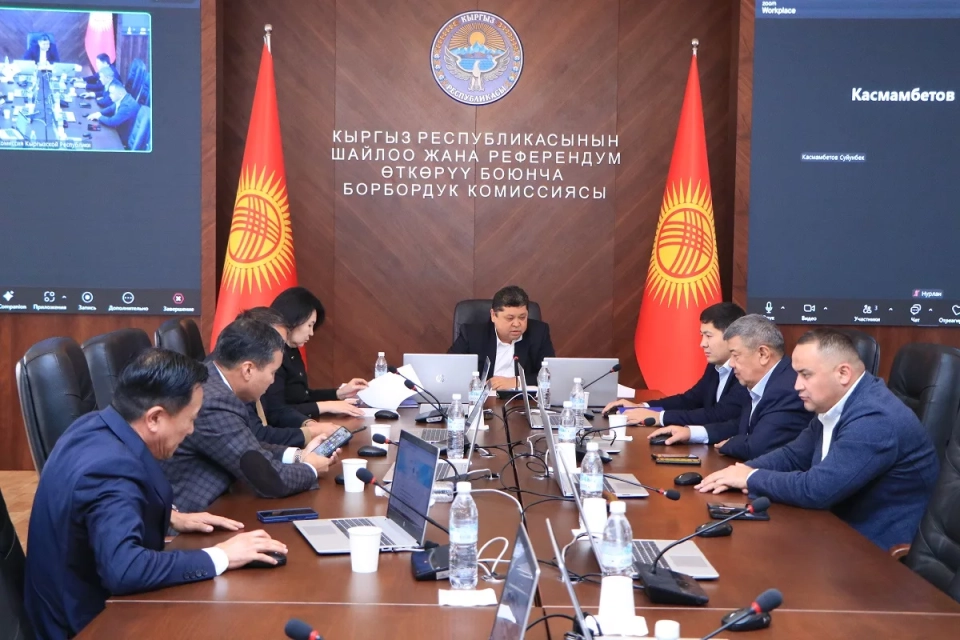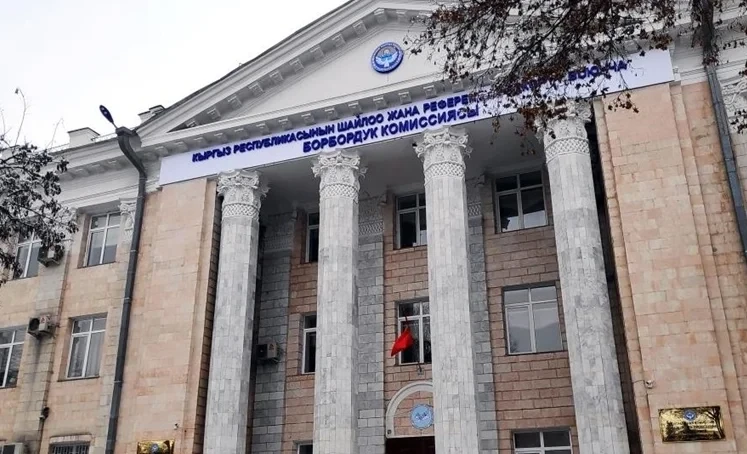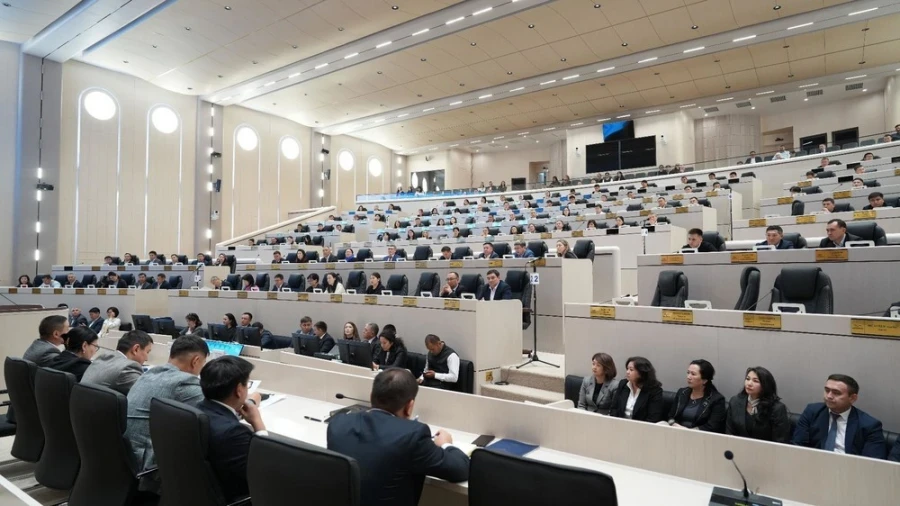
“Allow voters to ask questions to candidates, not just to TV hosts”
Starting from November 30, early elections to the Jogorku Kenesh will take place in Kyrgyzstan, and candidates are rushing to gain the trust of voters through legitimate means. However, even at the start of the campaign, scandals have arisen: there have been cases of refusals of candidacies and arrests for connections with the criminal authority Kamchy Kolbaev, as well as an axe attack on a tenant, accompanied by black PR on social media.
Political scientist Arkadiy Gladilov commented on how fierce the election struggle will become given the limited time left for campaigning.
“Surprises during the campaign are inevitable, and I would like to avoid unfair competition and black PR from candidates. However, under conditions of limited time, events develop quickly, and the struggle intensifies,” he noted.
According to the expert, successful campaigning largely depends on informing the local population about the future deputy.
“The candidate's program is a commitment to the voters. After the elections, people should see whether the candidate keeps his promises. If he explains his principles of work, the planned bills, and the interests he will defend, it speaks to his sincere intention to serve the people, not just his own interests. Promises about building kindergartens or roads that are not within his authority may be perceived as bribery,” Gladilov adds.
According to the expert, the most interesting part of the electoral process will unfold during the debates.
“I have already noticed that campaign materials are appearing in the city. Candidates are actively promoting themselves on social media and placing ads in the media. However, the most substantive and vivid moments occur during the debates. In the past, the debates were not very successful. It is important that during the debates, direct microphones are included, allowing voters to ask questions to candidates, not just to TV hosts,” concluded the political scientist.
Photo www

